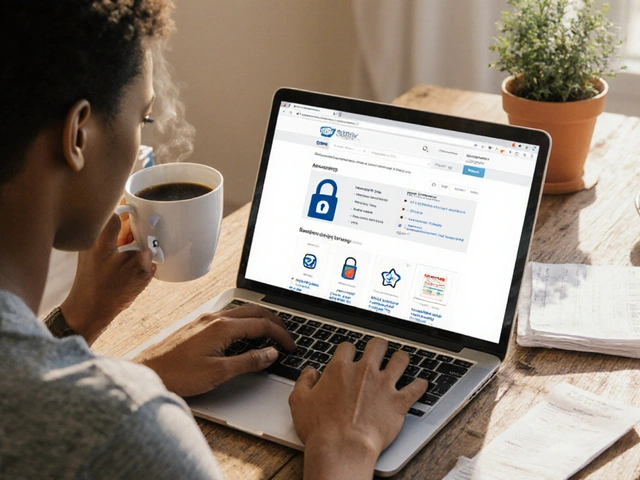Alder Buckthorn (Frangula alnus): What It Does and How to Use It Safely
Alder buckthorn is an old-school herbal laxative that still shows up in modern natural remedies. Its dried bark contains anthraquinone glycosides (the active stuff) that stimulate bowel movement. People use it for short-term relief of constipation, but raw or fresh bark can upset your stomach unless it’s been properly aged or processed. That processing step matters — don’t skip it.
How alder buckthorn works & common uses
The bark’s anthraquinones speed up fluid and electrolyte secretion in the colon and make stools move faster. That’s why cramps and loose stools are common side effects if you take too much. Typical uses include occasional constipation and short-term bowel preparation before tests. It’s not a daily fiber supplement — it’s a stimulant laxative, so long-term use can lead to dependence and electrolyte problems.
People often ask how it compares to senna. Both are stimulant laxatives, but alder buckthorn needs proper aging and is less common in some countries. If you’ve tried over-the-counter options with little effect, alder buckthorn products from reputable brands are an alternative — again, only for short bursts.
Dosing, safety and buying tips
Follow the product label. Manufacturers dose products differently, and that’s safer than guessing. Most herbal guides and companies advise using alder buckthorn only for a few days up to two weeks. If you need laxatives longer than that, talk to your doctor about safer long-term options and underlying causes of constipation.
Avoid alder buckthorn if you have: intestinal blockage, severe abdominal pain, inflammatory bowel disease, dehydration, or if you’re pregnant or breastfeeding. It can cause cramping, diarrhea, and, with prolonged use, electrolyte imbalance. If you take heart medicines, diuretics, or drugs affected by low potassium, check with a clinician — stimulant laxatives can interact indirectly by changing electrolyte levels.
When buying, pick products from known brands or trusted herbalists. Look for “aged” or “processed” bark on the label, not fresh-cut bark. Avoid homemade wild-harvested bark unless handled by an experienced herbal practitioner. If you notice strong nausea, vomiting, blood in stool, or no bowel movement after using a stimulant laxative, stop and get medical help.
Small practical tips: take it at night so bowel movement occurs in the morning, keep hydrated, and add fiber and gentle osmotic laxatives (like polyethylene glycol) if you need a milder daily option. If constipation is chronic, get checked for thyroid issues, low iron, medications that cause constipation, or pelvic floor problems.
Want more on natural and pharmaceutical options for constipation? Browse our guides on safe laxatives, interactions, and when to see a doctor. Talk to your pharmacist or GP before combining herbal stimulants with prescription meds.

Alder Buckthorn is more than just a plant; it's a powerhouse for health enthusiasts looking to boost their well-being. This often-overlooked gem offers natural benefits that can enhance your fitness journey. From aiding digestion to detoxifying the body, it's packed with nutrients that support a balanced lifestyle. Discover how Alder Buckthorn can be your secret weapon in achieving and maintaining health and fitness goals.





